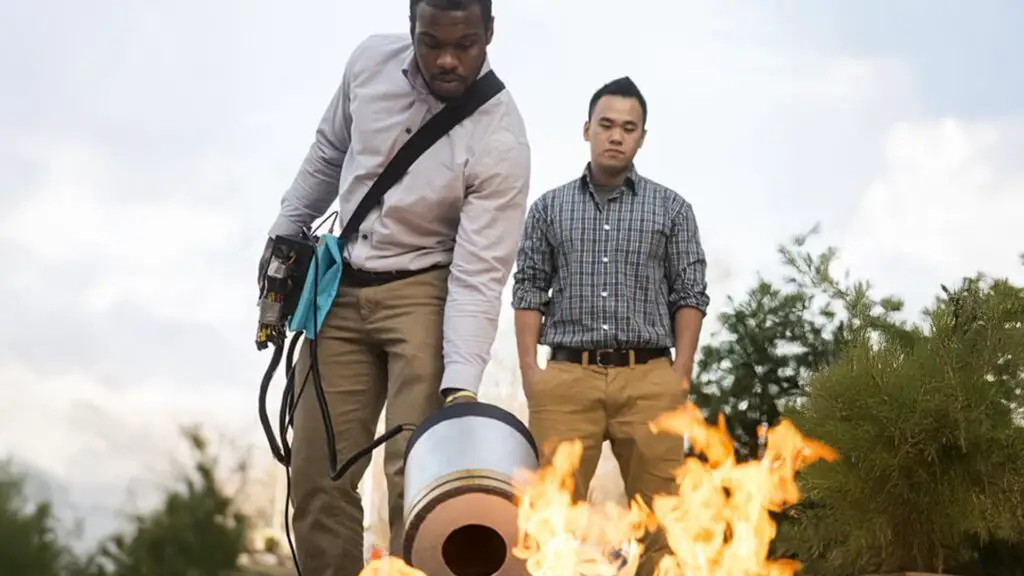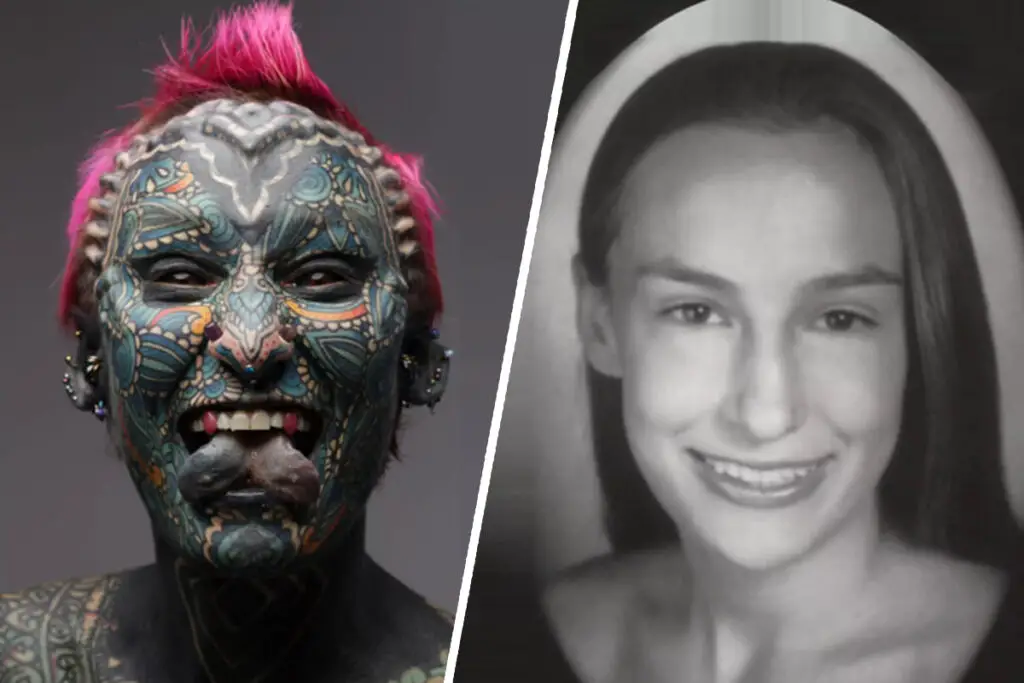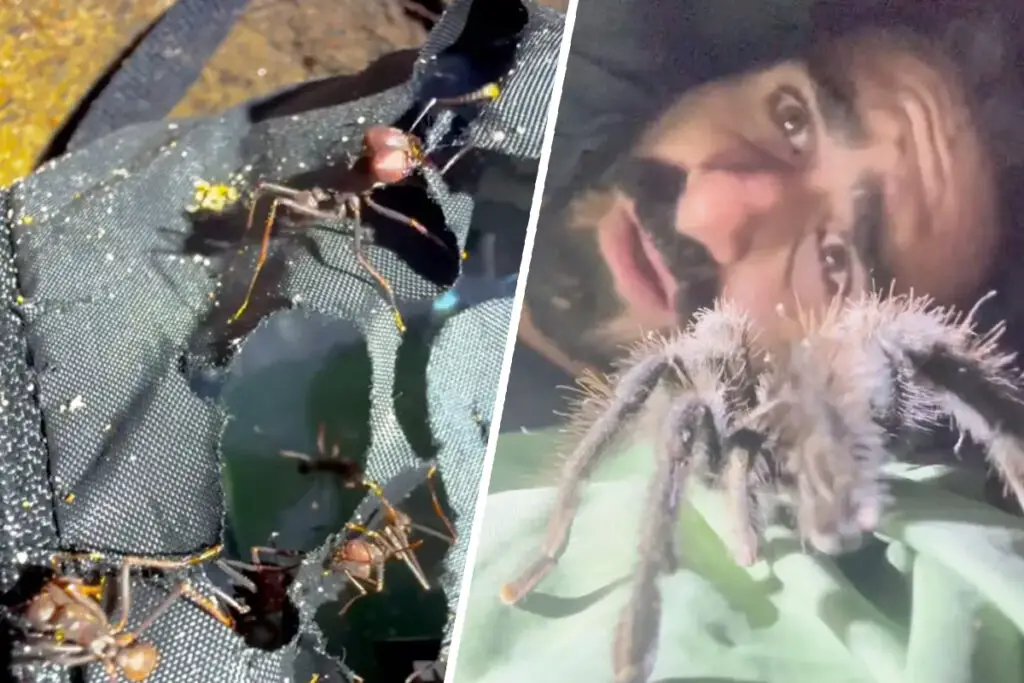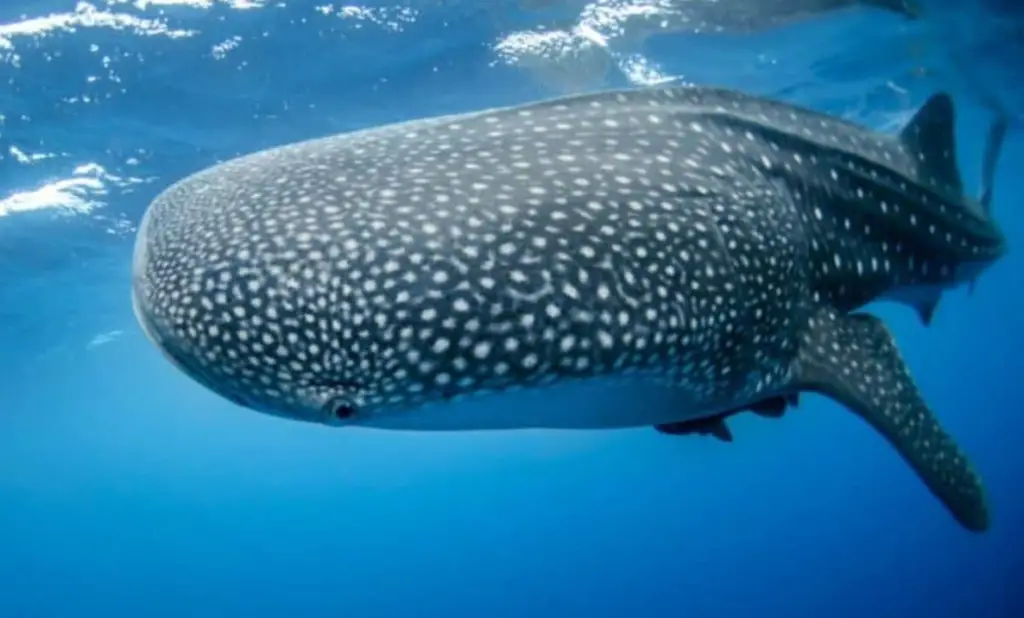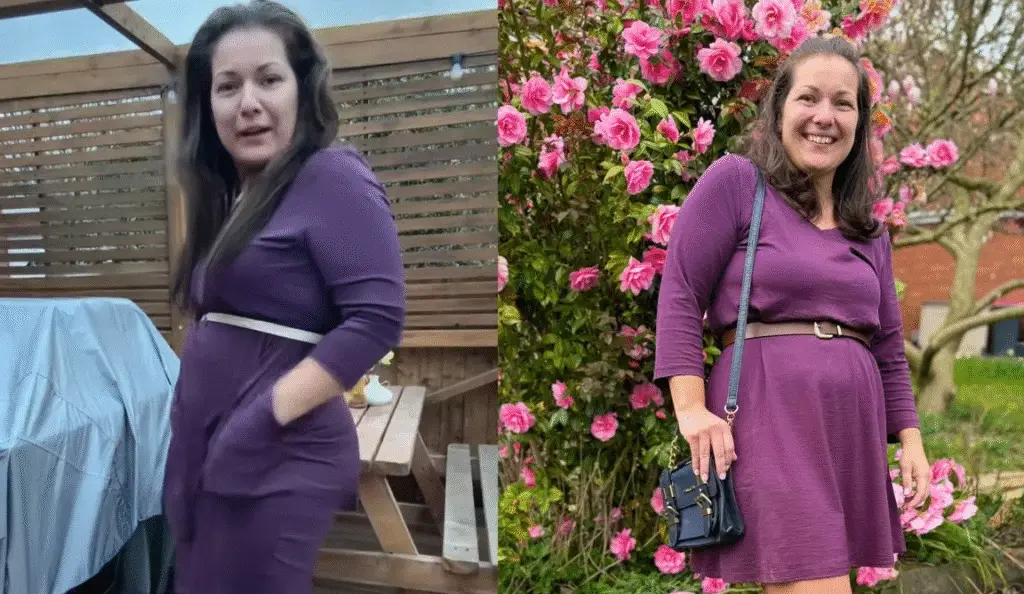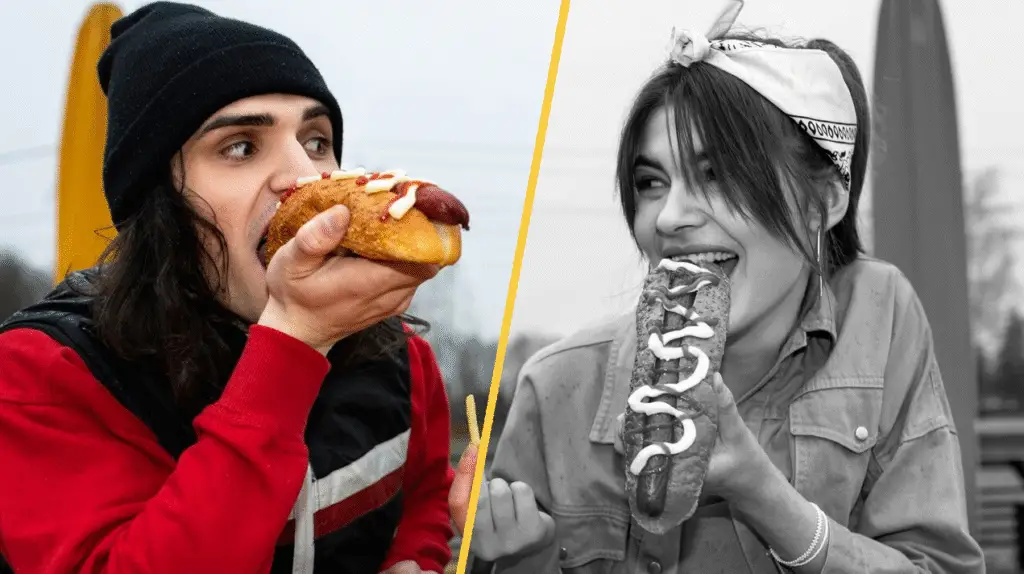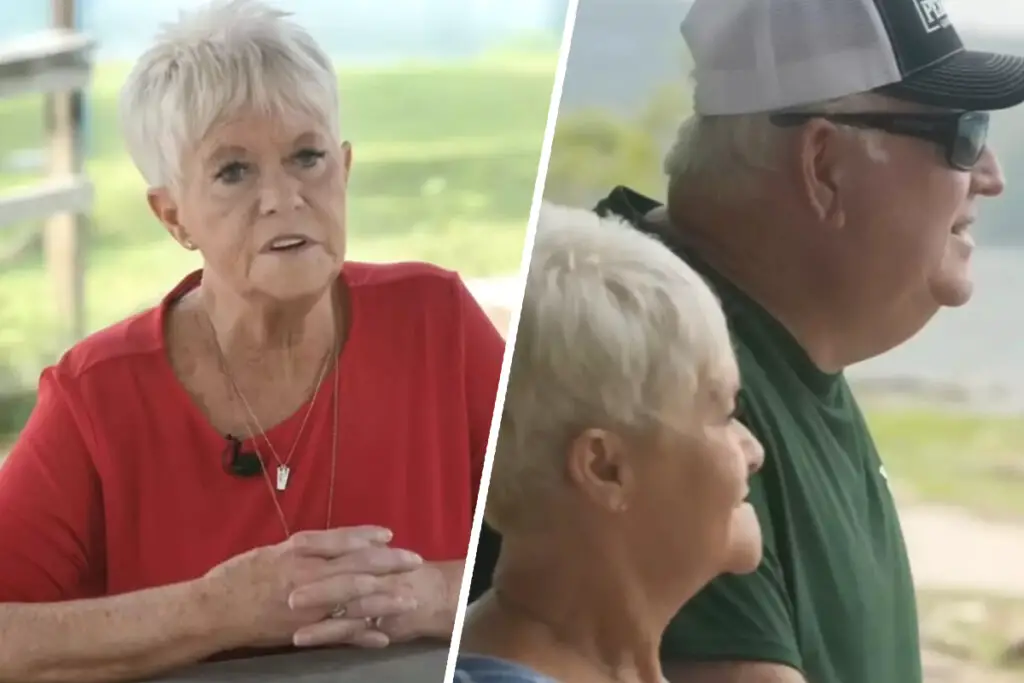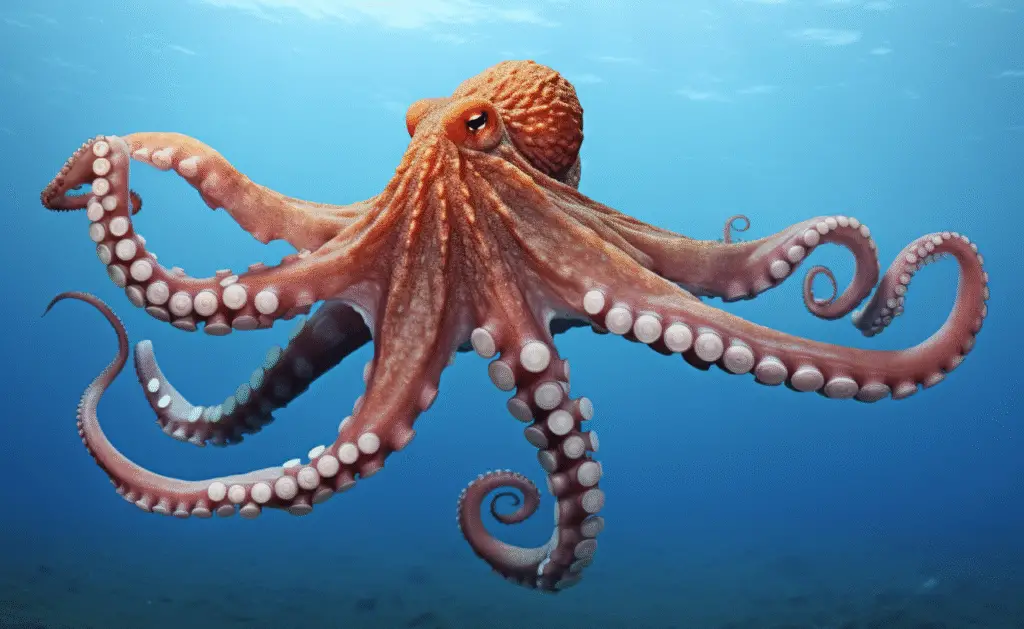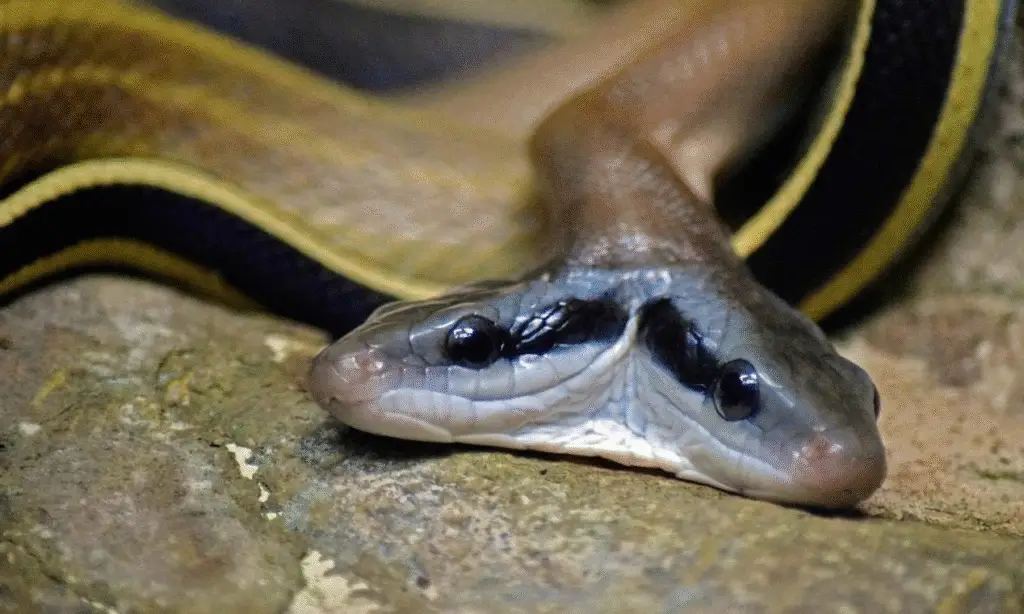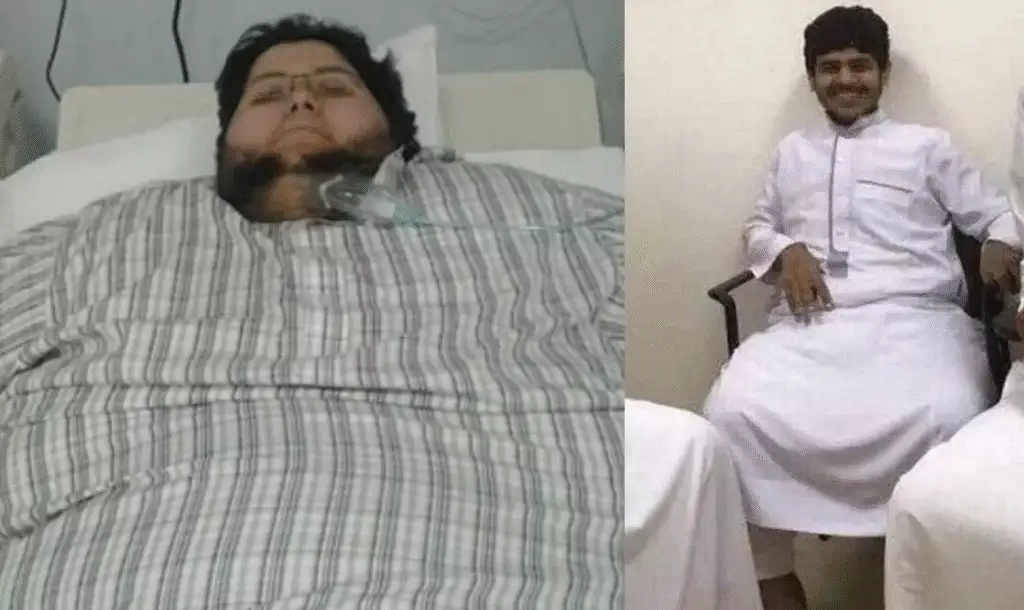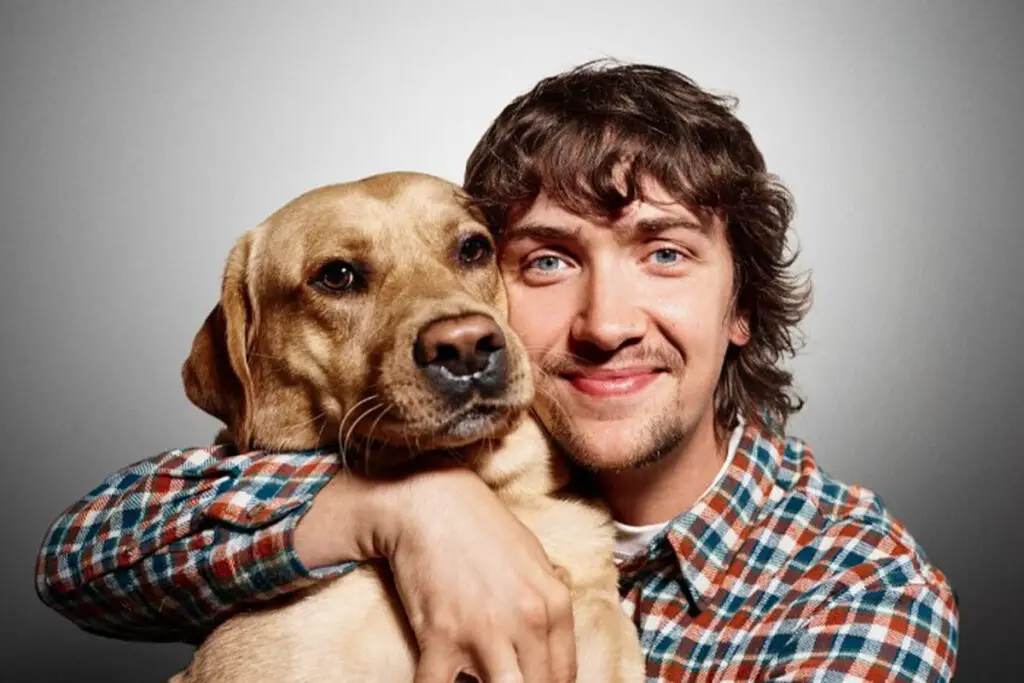Dogs Prioritize Humans as Family Over Fellow Dogs: A Deep Dive into Canine Brain Activity
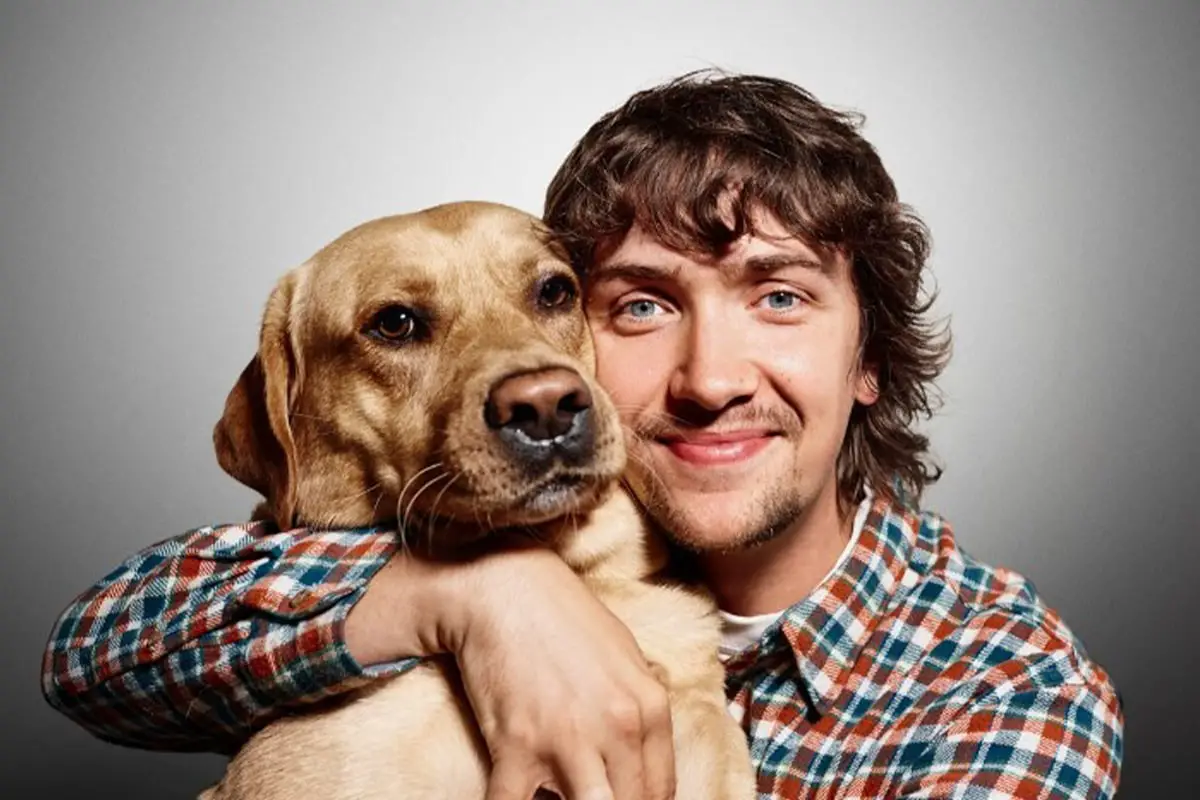
For the past 30,000 years, humans and dogs have shared a unique bond. From their earliest days as wild wolves to today’s beloved family pets, dogs have become fixtures in nearly 50% of American households.
And despite their inability to verbally express affection, it’s always felt like they truly love us back, right?
They wag their tails, jump on our laps, and even steal our pillows, leaving us wondering: Are they really showing affection, or are we just imagining it?
The answer, as it turns out, is even more heartwarming than we expected.
Thanks to advancements in neuroimaging technology, scientists are now able to peer inside a dog’s brain, unraveling the mysteries of what’s happening in their furry heads.
The results from these studies offer undeniable proof that not only do dogs love us, but they prioritize us over their fellow dogs, seeing humans as their family.
That’s right — man’s best friend isn’t just looking for treats and belly rubs; they’re truly invested in us.
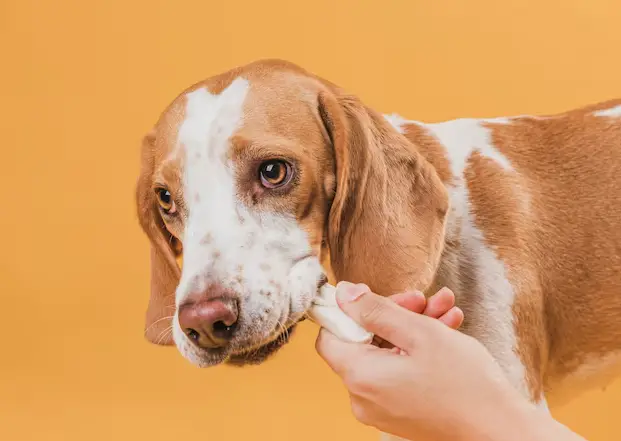
A Smell Test: What Does a Dog’s Nose Tell Us?
One of the most fascinating studies on this subject was conducted at Emory University, where animal cognition scientists took a rather unconventional approach to studying dogs.
They trained dogs to lie still inside an MRI machine, allowing researchers to measure their brain activity while they processed the smells of humans and dogs — both familiar and unfamiliar.
The goal? To determine how dogs’ brains respond to these different scents, since they rely so heavily on their sense of smell to navigate the world.
And the results were downright remarkable. The researchers discovered that when dogs caught a whiff of their owners, their brains lit up, activating the “reward center” known as the caudate nucleus.
In other words, the smell of their human family members made their brains react the same way as if they were receiving a reward.
So, the next time your dog gives you that excited greeting after a long day, just know that it’s not just because you’re holding their favorite treat.
They’re genuinely thrilled to be near you.
But that’s not all. These findings align with similar research conducted in Budapest at Eotvos Lorand University, where scientists studied how dogs’ brains respond to human and dog sounds.
The study revealed that, like humans, dogs process emotionally charged vocal sounds in a similar way.
For example, when they hear happy sounds — whether it’s their owner’s joyful voice or a child’s laughter — their auditory cortex activates in the same way it does in humans.
This shared emotional response hints at the deep communication system that underpins the bond between dogs and their humans.
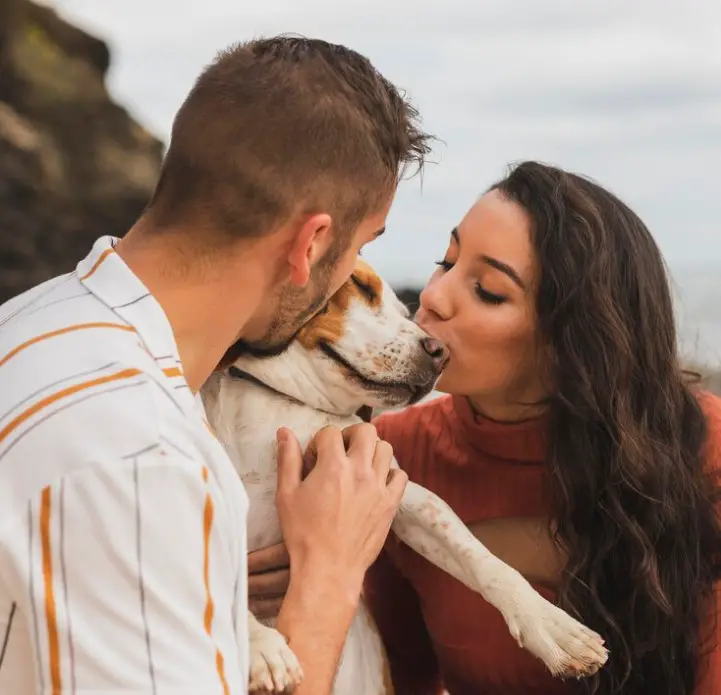
Dogs Are Physically Wired to Communicate with Us
What’s even more incredible is that this deep understanding between dogs and humans isn’t just learned; it’s wired into their brains.
Neuroscientist Attila Andics, who led the Budapest study, explained that dogs and humans are on a different level when it comes to communication.
“It’s very interesting to understand the toolkit that helps such successful vocal communication between two species,” he told Mic.
Essentially, while we always knew dogs understood us, science is now revealing why and how that understanding works.
Behavioral studies reinforce these findings, too. Just like toddlers run to their parents when they’re scared or upset, dogs instinctively seek out their human caregivers for comfort and reassurance.
This is a trait unique to dogs. When other domesticated animals, like cats or horses, experience fear, they often run away.
But dogs? They run straight to the people they trust.
One of the most unique behaviors in dogs, which was discovered by Andics and his team, is their tendency to look directly into the eyes of humans.
This is not something that wolves — their closest wild relatives — do. Andics and other researchers found that dogs actively seek eye contact with humans, something that is quite rare in the animal kingdom.
This behavior helps solidify the deep emotional bond that dogs share with their human families.
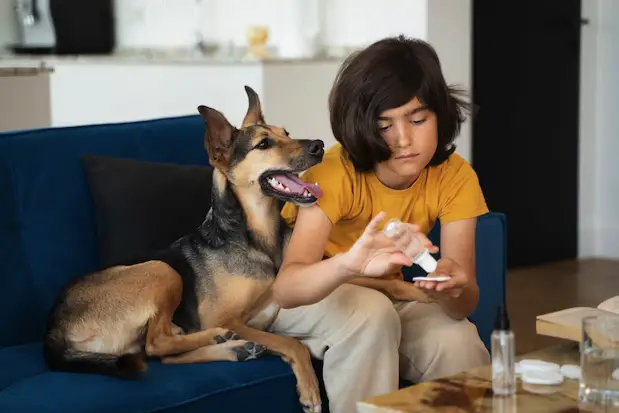
Dogs View Us as Family, Not Just Friends
So, it turns out that the dogs we love so much don’t just tolerate us — they truly see us as family. This realization is both scientific and emotional.
When we watch our dogs wagging their tails or resting their heads in our laps, we instinctively know that they’re offering something more than just companionship.
They’re showing us that they consider us their pack, their family.
This is further supported by research into how people perceive dogs.
In a study published in PLOS One, researchers found that humans experience similar emotional responses to photos of dogs and children.
When women who had both dogs and children were shown pictures of both groups, their brains responded with activation in areas tied to emotion, reward, and social interaction.
In other words, just as we cherish our human children, we also feel a deep, familial bond with our dogs.
While dog lovers may have mistakenly attributed guilt to their pets when they display their famous “hangdog” look, experts agree that this expression isn’t an indication of remorse.
Rather, it’s a reflection of dogs trying to gauge how their human is feeling.
They’re not feeling guilty in the way humans do, but they are acutely aware of our emotions and react accordingly.
Laurie Santos, the lead researcher at Yale’s Canine Cognition Center, points out that our instincts about dogs are often spot-on.
“Sometimes our intuition about what’s going on inside dogs’ heads is dead-on,” she said.
It’s clear that our furry friends are seeking more than just food and playtime from us. They’re looking for comfort, attention, and above all, love.
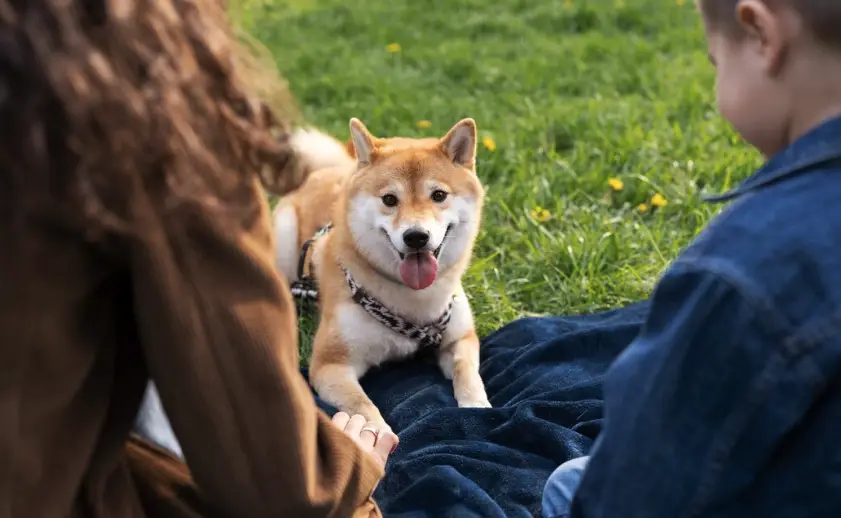
A Family-Like Bond
The emerging studies are reshaping our understanding of the dog-human relationship.
We’ve always known that dogs love us, but now science is proving it in ways that are both heartwarming and scientifically rigorous.
Dogs are not just pets or companions. They’re family members who share a deep emotional connection with us, something that’s been built over thousands of years of cohabitation.
But just as importantly, humans reciprocate those feelings.
For most dog owners, their pets are an irreplaceable part of the family, and the bond they share is more profound than simply having a four-legged friend around.
Whether it’s a wag of the tail, a joyful bark, or a comforting nuzzle, dogs have found a way to make their love for us known — and we, in turn, have opened our hearts to them in ways that make us feel like a true pack.
So, the next time you’re cuddling with your dog on the couch or taking them for a walk, just remember: You’re not just their human.
You’re their family. And for many dogs, that’s the most important thing in the world.

